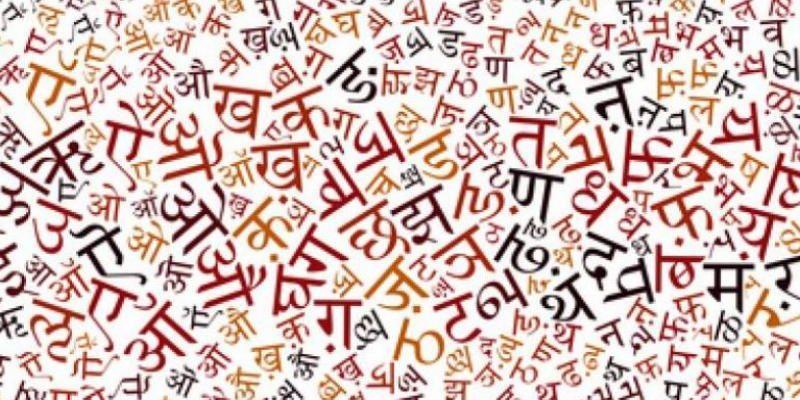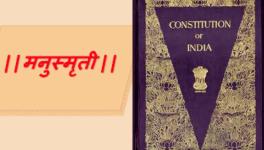Govt Trying to Impose Hindi as Official Language, Alleges CPIM

Image Courtesy: Wikimedia Commons
New Delhi: Accusing the government of trying to impose Hindi as the official language of the country, the CPIM on Thursday said that the recent report of the parliament committee on official languages was one such instance.
The latest editorial of the party mouthpiece People's Democracy has claimed that if the recommendations of the Committee of Parliament on Official Language headed by the Union Home Minister Amit Shah are implemented, it would mean that students of non-Hindi background would have to qualify in the entrance examinations for these institutions in Hindi and also adopt the Hindi medium of instruction.
"This would be patently discriminatory against those whose mother-tongue is not Hindi. When this proposal met with strong opposition from some of the non-Hindi state governments, it was clarified that Hindi would be the compulsory medium of instruction in central educational institutions situated in the Hindi states while in the other non-Hindi states, the respective regional languages would be the medium of instruction," the editorial stated.
The party said that this did not solve the problem as Central universities or IITs in Hindi-speaking states would only admit students who are equipped for the Hindi medium of instruction. Thus these central institutions, which have a pan-India character, will now be open only to Hindi-knowing students, countered the party.
"Thus, the Delhi IIT or a central government university like the Banaras Hindu University would become out of bounds for non-Hindi students. The same would apply to the faculty. If central educational institutions situated in the non-Hindi states adopt the state/regional language as the medium of instruction, then it would serve only students of that state or region. This would mean that the all-India character of these institutions would be nullified," it said.
The editorial further stated that a democratic language policy would require that all the 22 languages listed in the Eighth Schedule as national languages are treated on an equal basis.
"The recommendations of the official language committee in other matters too militate against this equality. For instance, the committee has recommended that more than 50 per cent of the budget of government advertisements should continue to be allocated to Hindi language ads," it said.
The party also contended that to demand that the main language of a state should become the medium of higher education and administration in that state is the right step and should be applicable to state-level institutions. It however, said that to give primacy to Hindi in central educational institutions is to "discriminate" against other national languages.
The editorial accused Amit Shah of "consistently pushing the idea of ‘One Nation, One Language’."
"This is in line with the RSS slogan of ‘One Nation, One Language, One Culture’. In a multi-lingual, multi-cultural, diverse country like India, the efforts to impose Hindi will only lead to discord and disunity," the editorial said.
Get the latest reports & analysis with people's perspective on Protests, movements & deep analytical videos, discussions of the current affairs in your Telegram app. Subscribe to NewsClick's Telegram channel & get Real-Time updates on stories, as they get published on our website.























